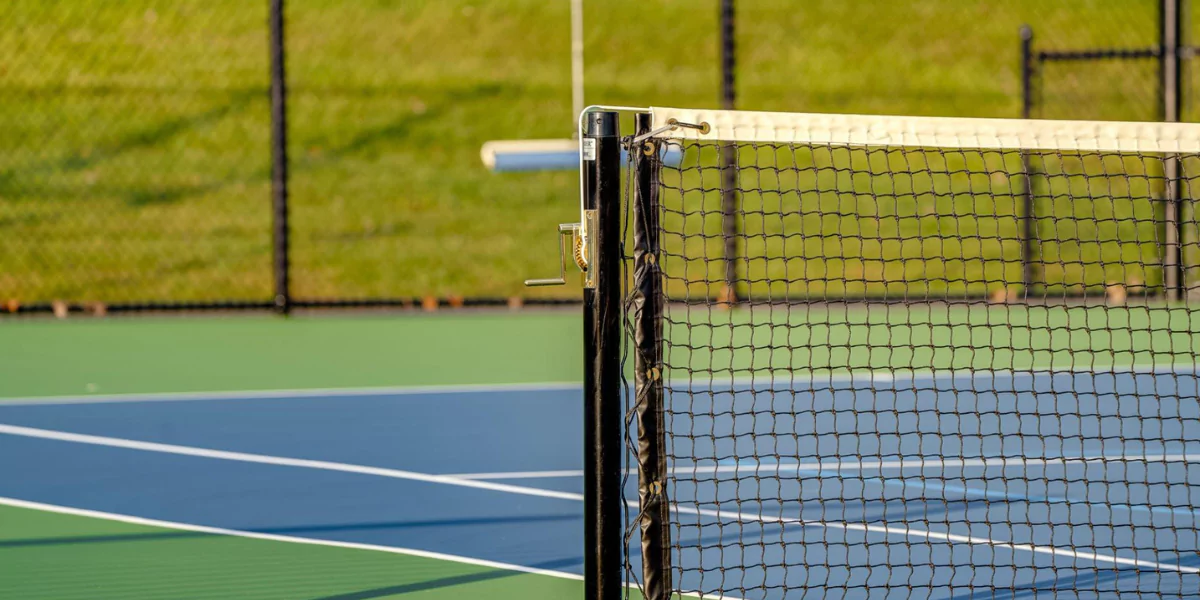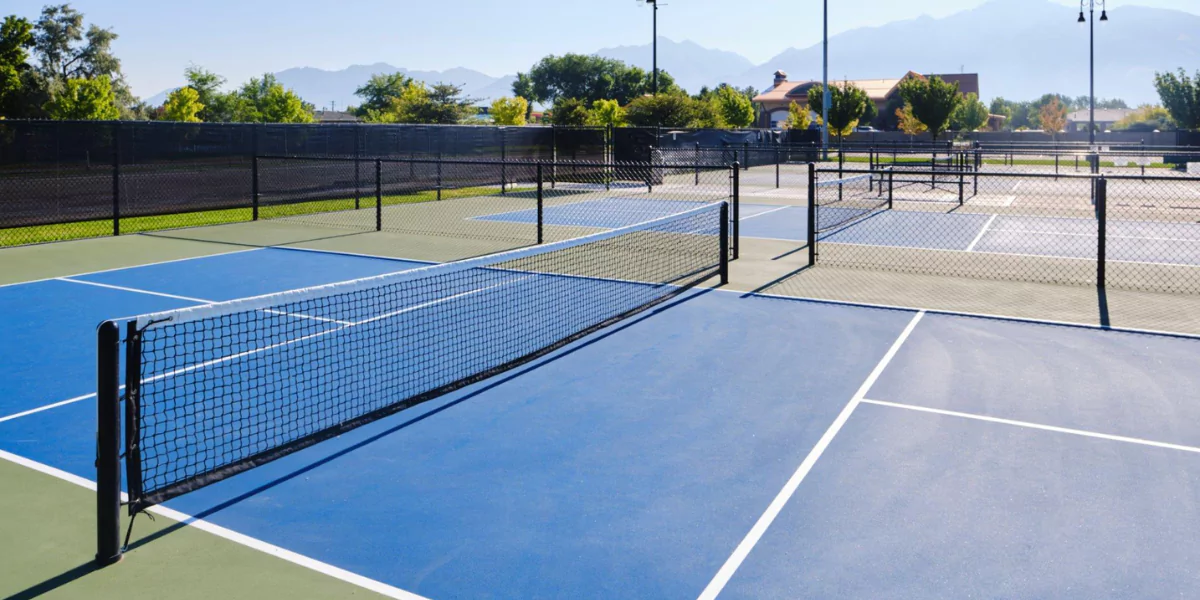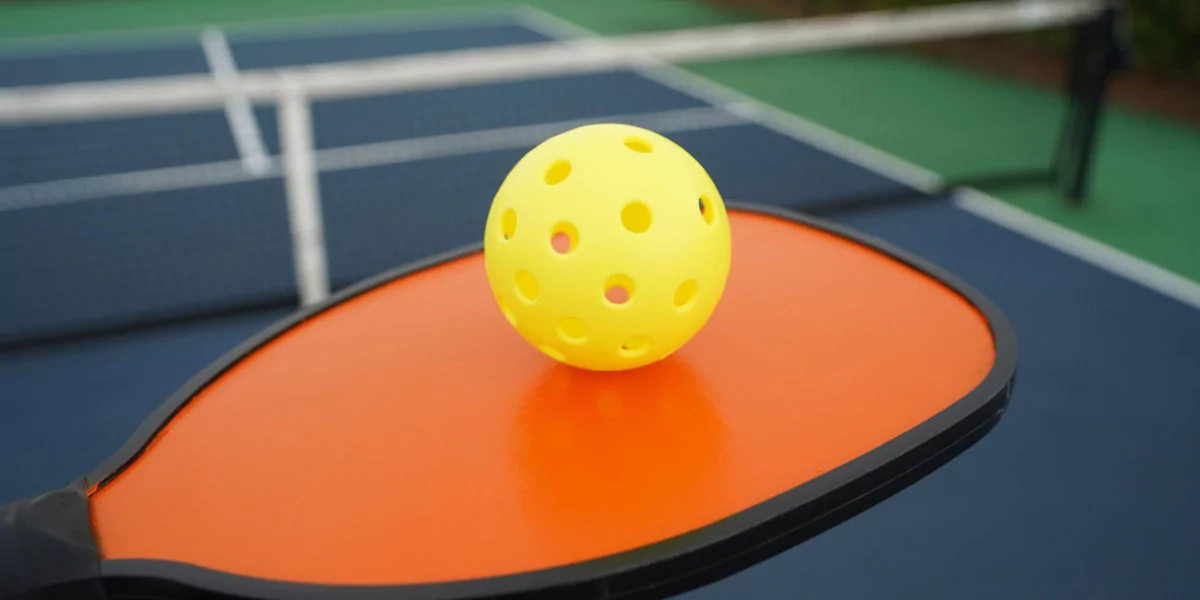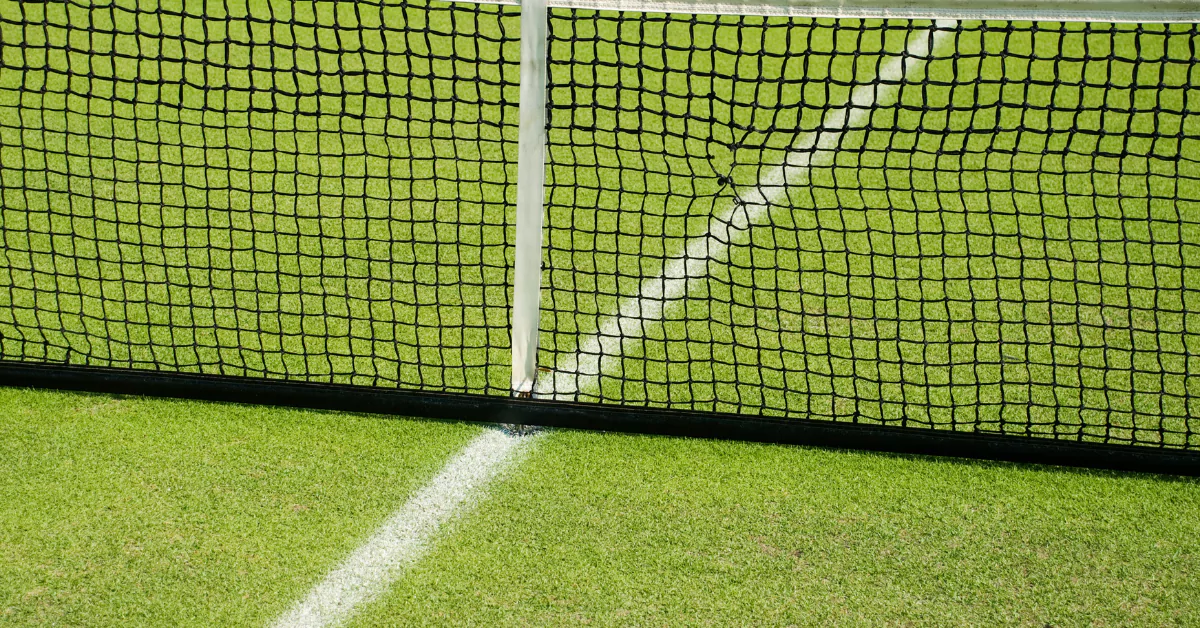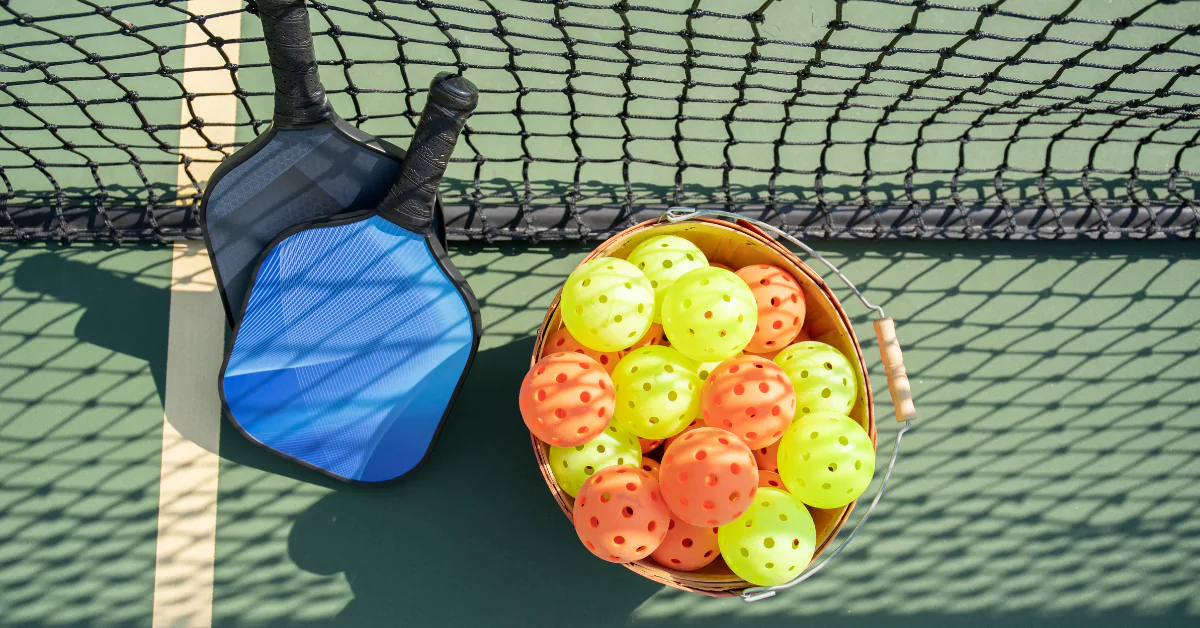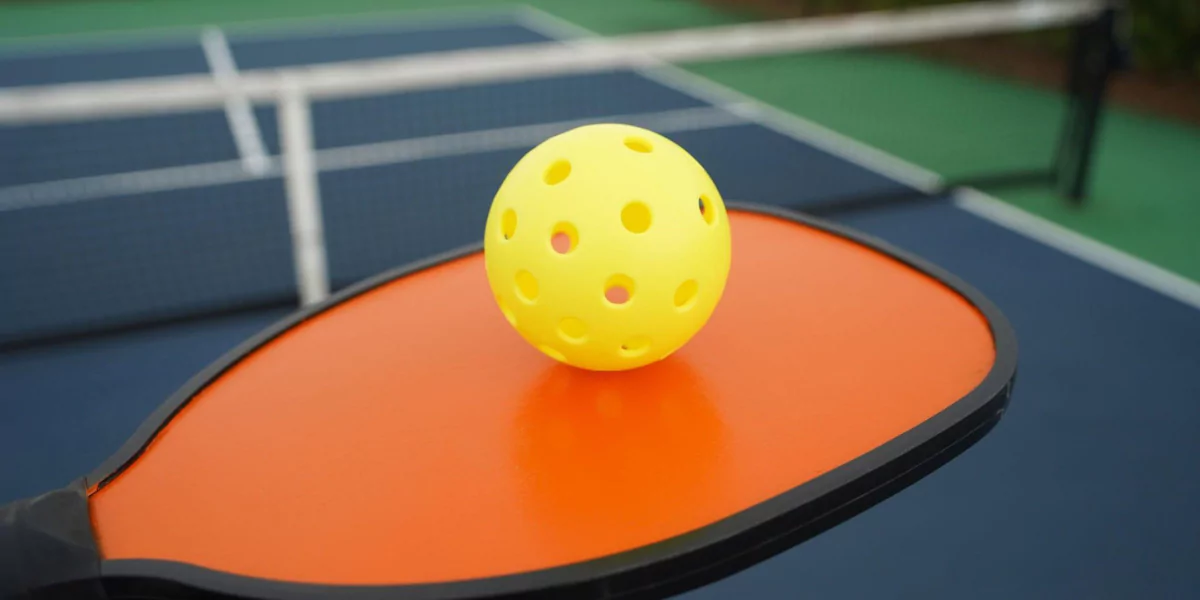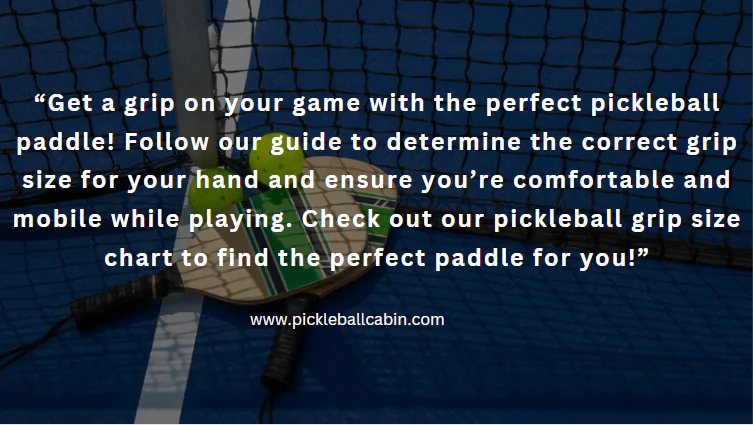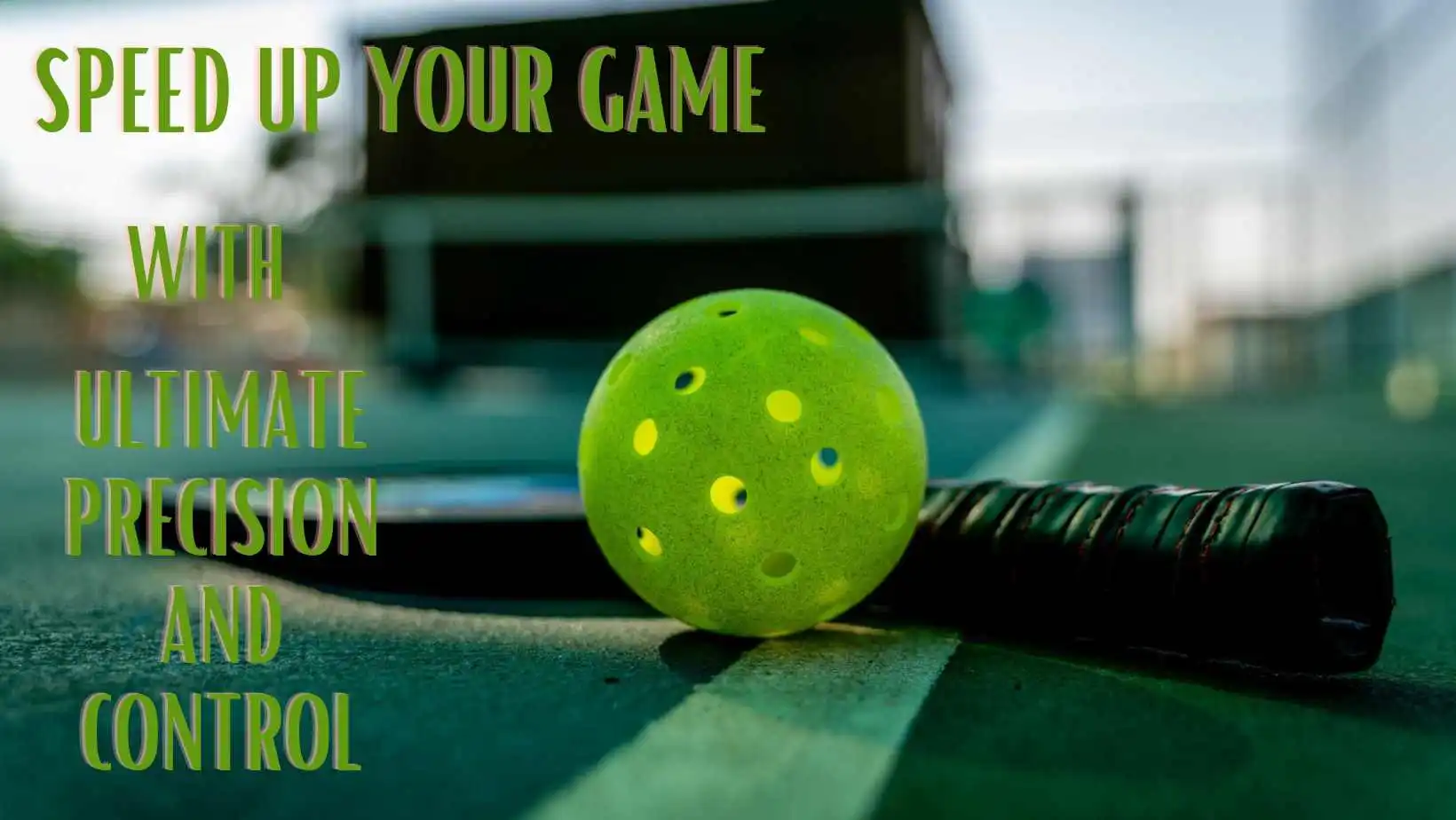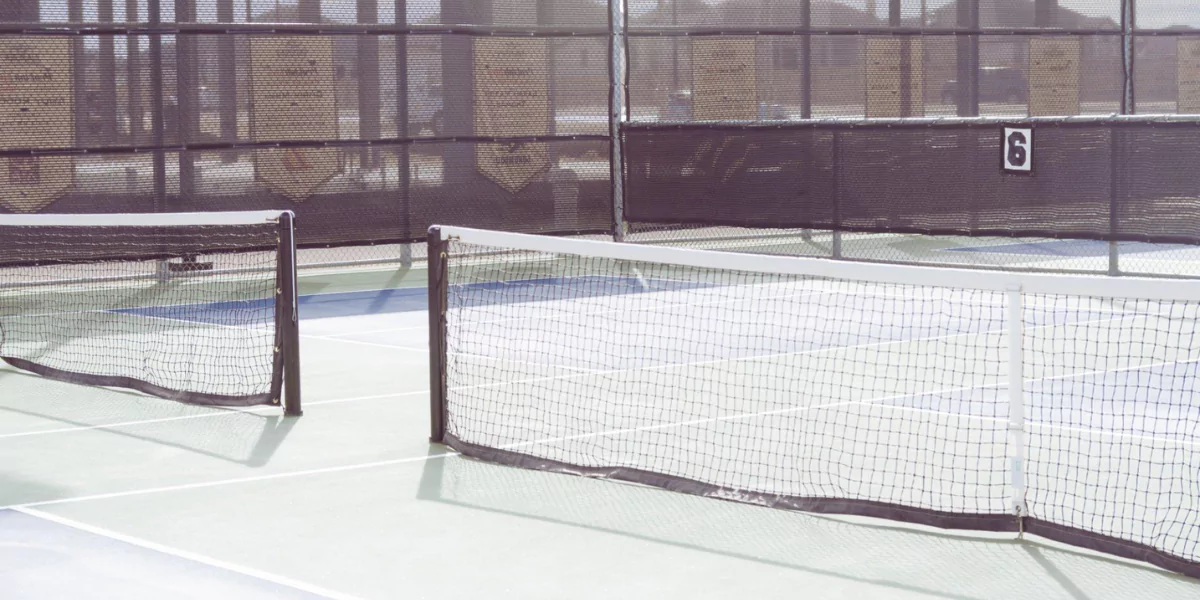Nets are important in many situations, like sports, farming, and even around the house. They protect the building by grabbing things and giving it support. But when it comes to nets for indoor and outdoor use, longevity and the choice of materials are the most important.
In this article we will discuss what makes a net last and what materials are used for indoor and outdoor nets. By the end, you’ll know why stability is important and how different materials affect how long a net will last.
Also Read : Characteristics Of High-Quality Portable Pickleball Net
Net durability for Indoor Game
Factor affecting indoor net durability
Indoor nets have to deal with unique problems affecting how long they last. The net’s durability can be affected by how often it is used, how often it gets wet, and how often it hits something hard. Different materials are used to deal with these problems when making indoor nets.
Alternative materials utilized in indoor nets
Nylon, polyester, and polyethylene are the most popular materials used to make indoor nets. Each kind of material has its own pros and cons. For example, nylon nets are known for having high tensile strength and being wear-resistant. On the other hand, polyester nets have great flexibility and are less likely to stretch over time. Polyethylene nets are a good compromise between being strong and cheap.
Pros and Cons of different materials
To make sure indoor nets last as long as possible, it’s important to follow some upkeep tips. Indoor nets can last longer if cleaned regularly, kept dry, and don’t get too much force or weight on them.
Material Used in Outdoor Nets
The problems that outdoor nets face differ from those of indoor nets. They must deal with rain, snow, and UV rays, among other weather situations. So, choosing the right material for outdoor nets is even more important.
Suitable materials for outdoor nets
Using materials that can stand up to the weather for outdoor nets is best. Polypropylene, polyester with a vinyl coating, and polyethylene with UV stabilizers are all common choices. These materials stand up well to water, sunshine, and other harsh weather conditions.
Polypropylene is known for how strong it is and how well it stands up to wear and tear. At the same time, polyester with a vinyl coating is more durable and protects against UV rays. UV stabilizers in polyethylene make it last even in harsh outdoor situations.
Comparing different materials
It’s important to compare different materials when looking for an outdoor net. Consider things like the budget and how long you think it will last. To last as long as possible, outdoor nets must be regularly cleaned and checked for damage.
Read for More Detailed Analysis: Navigating The Net: Weighing The Pros And Cons Of Indoor And Outdoor Nets
Also Read this: Regulations For Indoor And Outdoor Pickleball Net Size And Height
Importance of Net Durability
Both indoor and outdoor nets depend on how long they last. It affects how well the network is, how much it costs, and how safe it is.
You can save money in the long run if you buy a strong net. Nets that can be used often and don’t get worn out need to be replaced less often, which saves money in the long run. Also, longer nets are safer because they can catch and hold things better without ripping or breaking.
Durability is directly linked to how long a net lasts and how well it works. A strong net can keep its shape and strength over time, so it can keep doing what it was made to do. Whether it’s to catch sports balls, support crops in agriculture, or keep trash from getting into certain areas, a strong network is the best way to ensure it works well.
Read more at: Cost Comparison Of Indoor And Outdoor Pickleball Nets
FAQs
1. Can I use an outdoor net indoors?
Even though you can use an outdoor net inside, it’s important to consider what it is made of and if it’s right for use inside. Outdoor nets are made to survive harsh weather, which may not be necessary or ideal for indoor settings.
Read here for details: Portable Net Size And Indoor/Outdoor Distinctions
2. How often should I clean and inspect indoor nets?
Indoor nets should be cleaned often, especially if they get dirty, sweaty, or get other things on them. Every so often, the net should be checked for signs of wear and tear to fix any problems quickly.
Read in Detail: Maintenance And Care For Portable Pickleball Nets
3. Are there any eco-friendly options for outdoor nets?
Yes, there are eco-friendly options available for outdoor nets. Some manufacturers offer nets made from recycled materials, reducing the environmental impact and promoting sustainability.
4. Can I repair a torn net myself?
Minor tears in nets can sometimes be fixed with repair kits or by following the instructions from the maker. But if the net is severely damaged or falling apart, you should talk to an expert or consider getting a new one.
Read to Know more: Mastering Pickleball Net Maintenance And Repair: A Step-by-Step Guide To Keeping Your Game On Point
5. Can a durable net prevent bird infestation in outdoor areas?
Even though a strong net can protect against some bird problems, it is important to choose a net that is made for this reason. Consider the mesh size, the material’s strength, and the right way to place it to keep birds away.
Conclusion
In conclusion, durability and material choices are paramount when considering indoor and outdoor nets. Different materials have different levels of longevity, each with pros and cons. Knowing the unique needs of your setting and your goal will help you make a good choice. Consider how well it will withstand the weather, how much care it will need, and how long it will last. By choosing a strong net, you can ensure it works well, saves money, and keeps you safe for a long time.
